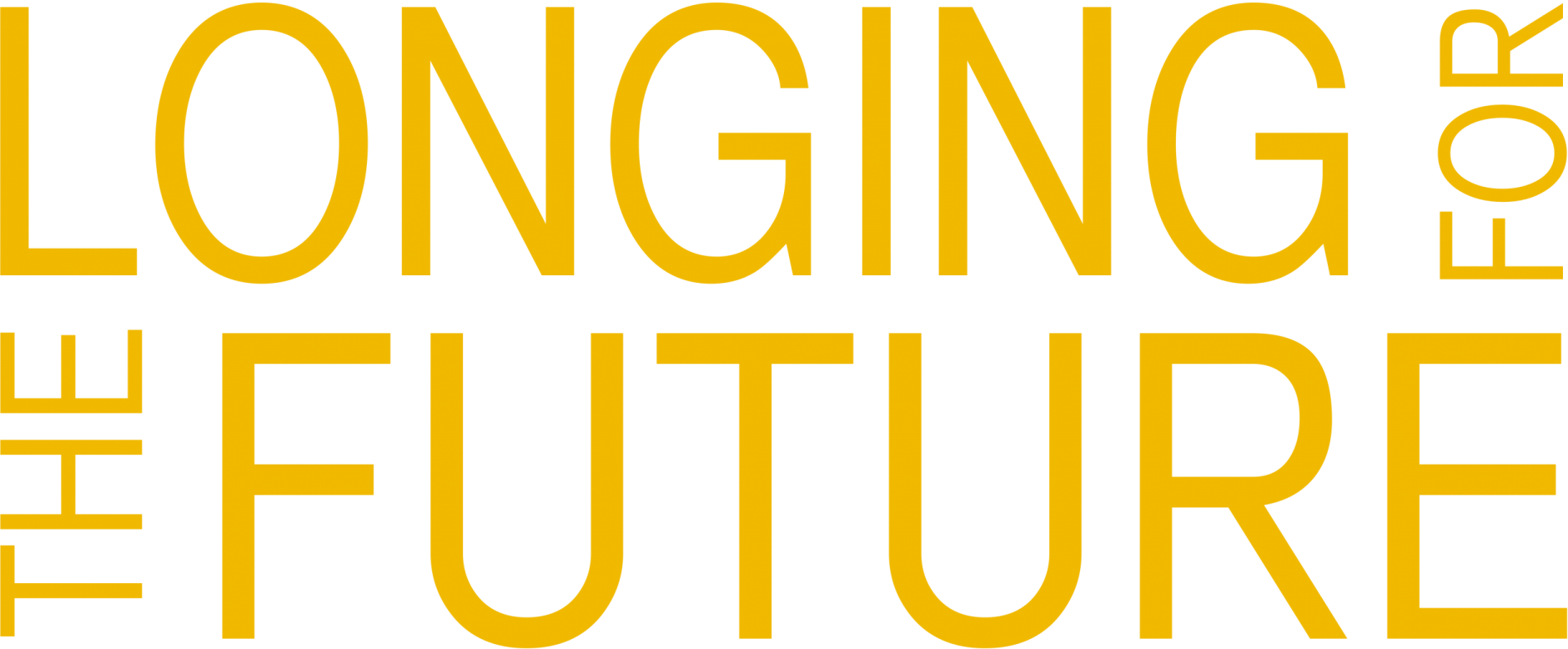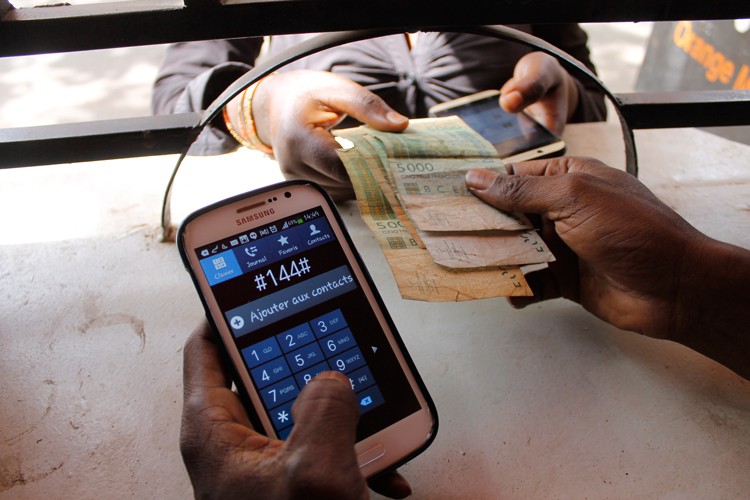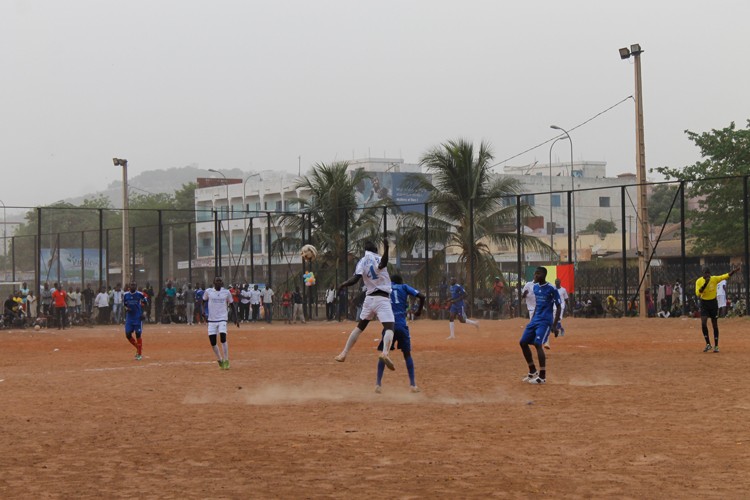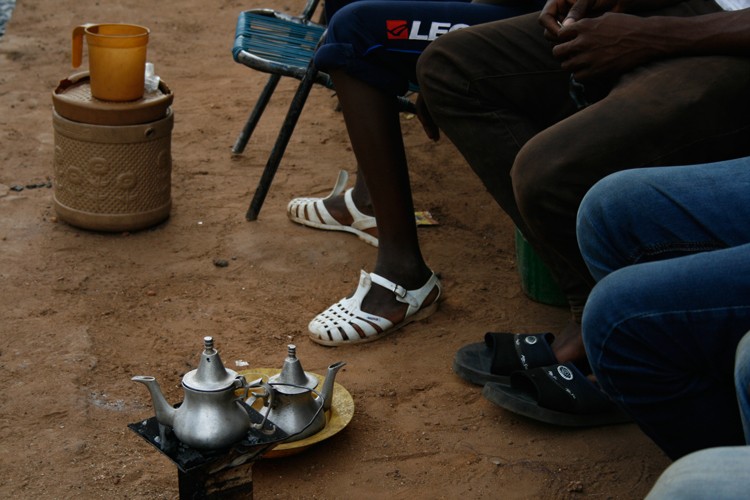Amadou: The innovative mind
Amadou Diakite was born in 1983 as the oldest of eight children in Segou. His father died, when he was in his teenage years and his mother lives today in Bamako as a business woman. Amadou is proud of his education, because he has not only been educated by school and Islam, but also by the street.
“Some people say that I can’t do this job every day without any rest. But their limits are not mine! I force myself to do that and I know that I am strong."
By Susann Ludwig
Amadou Diakite (1983) was born in Segou as the oldest of eight children. His father dies when he is still young and his mother lives in Bamako as a business woman today. Amadou decides to study International Law at the University of Bamako, because he wants to work for an international institution, preferably the United Nations. Amadou is educated in French and Koranic schools, but also in the streets. Being exposed to strict teachers, who beat students that refuse to study, makes him accept that laziness hurts.
Photograph: Fatoumata Traoré, CFP Bamako, 2015
He is always doing some kind of business: As a child, he provides Bozo fishermen with petrol and he fabricates toy cars, which he advertises and sells on his own. As a student, he manages a telephone cabin, which soon becomes the neighborhood's central business and meeting point. Every night, Amadou hosts tea sessions. After graduation, he works for Orange Telecommunications, and as a research assistant for a German PhD-student.
Photograph: Fatoumata Traoré, CFP Bamako, 2015
Two years ago, he accepted a job at his aunt’s cafeteria, where he operates as her representative: he supervises the staff, purchases food, takes care of customers and negotiates with clients. Every day, he leaves home at six in the morning and gets back after dinner has been served. The job is, at least, “something”: it is a sacrifice for his supportive aunt and preparation for his own future career.
In my heart and in my head, I can see my future as prosperous and rich. Inside myself I’m prosperous already and I think it’ll come. And I know that I won’t die without having built anything here. I will be someone prosperous and good. […] This is my ambition: helping others.
Amadou wants to set up a cleaning business. That is a project that responds to an African reality, and it has the capability to revolutionize the continent, he argues. Bamako is dirty and that makes people feel uncomfortable and become sick. He wants to clean households, offices, government buildings and whole neighborhoods. Amadou already presented his project to government officials and businessmen. The government pays well, but only after long waiting periods. Amadou has a promising idea, but no capital. He knows that it is going to be tough again, but people who walked the easy way to the top are not respected anyway. Only fighters get respect, he says, and he will fight. “I’ll never give up. One day, I will succeed”.
Amadou, fils ainé d’une famille de huit enfants, est né en 1983 à Ségou. A son adolescence, il perd son père et reste avec sa mère ménagère et femme d’affaires. Il bénéficie de l’éducation de l'école française, coranique mais aussi l’école de la rue. Dans ces différentes écoles et face aux enseignants stricts qui battaient les étudiants qui refusaient d’étudier, il retient que la paresse ne fait que du mal. Arrivé à l’université, il s’inscrit en droit international à Bamako, parce qu'il veut travailler pour une institution internationale, mais plus particulièrement pour les Nations Unies.
Amadou a toujours aimé faire du business. Encore petit, il fournissait du pétrole aux pêcheurs, fabriquait de petites voitures dont il faisait la publicité et la vente. Etant étudiant, il gérait une cabine téléphonique qui est rapidement devenu le principal centre d’affaires et de rencontre du quartier. Après ses études, il a travaillé pour la télécommunication « Orange » et comme assistant de recherche pour un doctorant allemand.
Maintenant, il travaille à la cafétéria de sa tante où il supervise le personnel, achète les condiments et prend soin des clients. Chaque jour, il quitte la maison à six heures pour rentrer tard la nuit. Ce travail est au moins « quelque chose ». C’est un sacrifice pour sa tante qui a toujours été un soutien et c’est une préparation pour sa carrière future.
Dans mon cœur et dans ma tête, je vois mon avenir prospère, très riche. A l'intérieur de moi, je suis déjà prospère et je pense que ça va venir. Et je sais que je ne vais pas mourir sans avoir quelque chose à construire ici. Je serai quelqu'un très prospère et serai quelqu'un de bien aussi. [...] C'est ça, mon ambition, aider les autres.
Photograph: Siriki Kouyaté, CFP Bamako, 2015
Amadou veut créer une entreprise de nettoyage. Cela est un projet qui répond à une réalité africaine, soutient-il. Bamako est sale, ce qui rends les gens mal à l'aise et ce qui les rend malades. Il veut nettoyer des quartiers entiers. Il a déjà présenté son projet aux fonctionnaires et hommes d'affaires. Il estime que le gouvernement paie bien, mais cela prend assez de temps. Amadou a une idée prometteuse, mais reste confronté au financement. Il sait que cela sera difficile, mais reconnaît que les gens respectent mieux ceux qui font des efforts pour aboutir à leurs fins. Selon lui, seuls les combattants obtiennent le respect, et il se battra : « Je ne me décourage jamais. Un jour, je vais réussir. »



